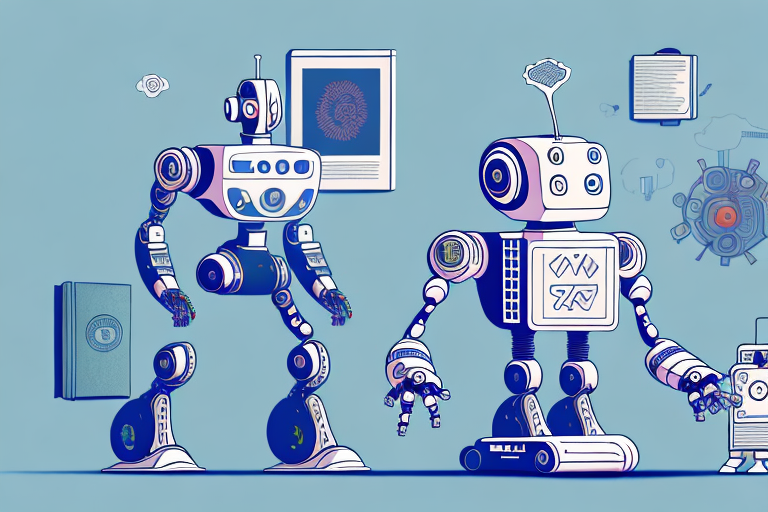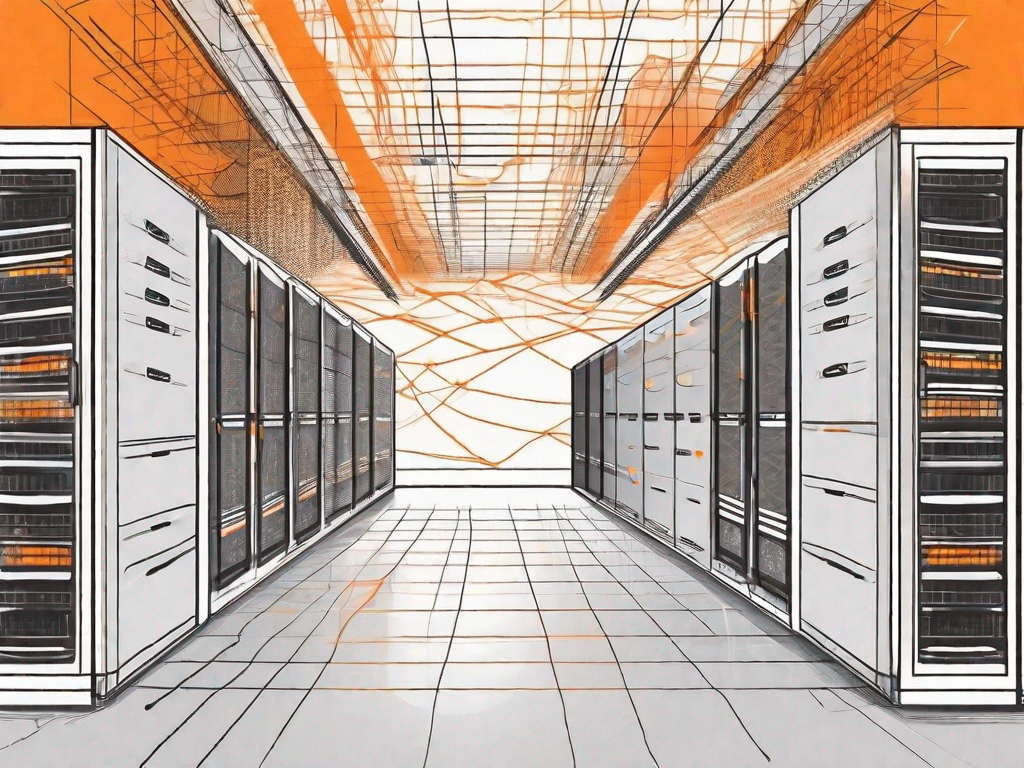.svg)
Overcoming Challenges in Decentralised Team Structures
.svg)

In the modern business landscape, decentralised team structures have become increasingly prevalent. This shift has been driven by technological advancements, the rise of remote work, and the need for organisations to remain agile and responsive in a rapidly changing world. While decentralised teams offer numerous benefits, such as increased flexibility and access to a broader talent pool, they also present unique challenges that must be addressed to ensure success. Understanding these challenges and implementing effective strategies is crucial for any organisation looking to thrive in this environment.
Understanding Decentralised Team Structures
The Rise of Remote Work
The advent of digital communication tools has facilitated the rise of remote work, allowing teams to operate from various locations across the globe. This has led to the formation of decentralised teams, where members are not confined to a single physical office. Remote work offers employees the flexibility to balance their professional and personal lives more effectively, often resulting in increased job satisfaction and productivity.
However, the geographical dispersion of team members can lead to challenges in communication and collaboration. Time zone differences, cultural variations, and the lack of face-to-face interaction can hinder the seamless flow of information and ideas. Organisations must therefore adopt strategies to overcome these barriers and maintain cohesion within their teams.
Technological Advancements
Technological advancements have played a pivotal role in enabling decentralised team structures. Tools such as video conferencing, instant messaging, and cloud-based project management software have made it possible for teams to collaborate effectively, regardless of their physical location. These technologies have bridged the gap between team members, allowing for real-time communication and collaboration.
Despite these technological solutions, challenges remain. Technical issues, such as connectivity problems and software compatibility, can disrupt communication and impede productivity. Additionally, the over-reliance on digital tools can lead to information overload and burnout. Organisations must strike a balance between leveraging technology and maintaining a human touch in their interactions.
Key Challenges in Decentralised Teams
Communication Barriers
Effective communication is the cornerstone of any successful team. In decentralised teams, communication barriers can arise due to the lack of physical presence and the reliance on digital tools. Misunderstandings and misinterpretations are more likely to occur when team members are not able to read non-verbal cues or have informal conversations.
To overcome these barriers, organisations should establish clear communication protocols and encourage open lines of communication. Regular check-ins, virtual meetings, and the use of collaborative platforms can help ensure that team members remain connected and informed. Additionally, fostering a culture of transparency and trust can encourage team members to voice their concerns and ideas freely.
Maintaining Team Cohesion
Building and maintaining team cohesion is another significant challenge in decentralised teams. The lack of physical interaction can lead to feelings of isolation and detachment among team members. This can negatively impact morale and hinder collaboration, ultimately affecting the team's overall performance.
To foster a sense of belonging and unity, organisations should invest in team-building activities and initiatives that promote collaboration and camaraderie. Virtual team-building exercises, social events, and recognition programmes can help strengthen relationships and create a supportive team environment. Encouraging regular feedback and recognising individual and team achievements can also boost morale and motivation.
Ensuring Accountability and Productivity
In a decentralised team structure, ensuring accountability and maintaining productivity can be challenging. Without the traditional office environment, it can be difficult to monitor progress and ensure that team members are meeting their objectives. This can lead to issues such as missed deadlines and inconsistent performance.
To address these challenges, organisations should implement clear performance metrics and establish regular performance reviews. Setting clear goals and expectations, along with providing the necessary resources and support, can help team members stay focused and motivated. Additionally, fostering a culture of accountability and ownership can encourage team members to take responsibility for their work and strive for excellence.
Strategies for Overcoming Challenges
Leveraging Technology Effectively
To overcome the challenges of decentralised team structures, organisations must leverage technology effectively. This involves selecting the right tools and platforms that facilitate seamless communication and collaboration. Video conferencing software, project management tools, and instant messaging apps can help bridge the gap between team members and ensure that everyone remains connected and informed.
Organisations should also provide training and support to ensure that team members are comfortable using these tools. Regular updates and feedback sessions can help identify any issues and ensure that the technology is being used to its full potential. By leveraging technology effectively, organisations can enhance communication, collaboration, and productivity within their teams.
Building a Strong Team Culture
Building a strong team culture is essential for overcoming the challenges of decentralised team structures. A positive and inclusive team culture can foster a sense of belonging and unity among team members, regardless of their physical location. Organisations should prioritise initiatives that promote collaboration, trust, and mutual respect.
Encouraging open communication, recognising achievements, and providing opportunities for professional development can help build a strong team culture. Additionally, organisations should promote diversity and inclusion, ensuring that all team members feel valued and respected. By building a strong team culture, organisations can enhance morale, motivation, and overall team performance.
Implementing Clear Processes and Protocols
Clear processes and protocols are crucial for ensuring accountability and productivity in decentralised teams. Organisations should establish clear guidelines and expectations for communication, collaboration, and performance. This includes setting clear goals and objectives, defining roles and responsibilities, and establishing regular check-ins and performance reviews.
By implementing clear processes and protocols, organisations can ensure that team members are aligned and working towards common objectives. This can help prevent misunderstandings, ensure accountability, and maintain productivity. Additionally, organisations should be flexible and adaptable, regularly reviewing and updating processes to ensure they remain effective and relevant.
Conclusion
Decentralised team structures offer numerous benefits, but they also present unique challenges that must be addressed to ensure success. By understanding these challenges and implementing effective strategies, organisations can overcome the barriers of communication, cohesion, and accountability. Leveraging technology, building a strong team culture, and implementing clear processes and protocols are key to thriving in a decentralised team environment. With the right approach, organisations can harness the potential of decentralised teams and achieve their goals in today's dynamic business landscape.
Related Posts
Let's
Let’s discuss how we can bring reinvigorated value and purpose to your brand.







.svg)